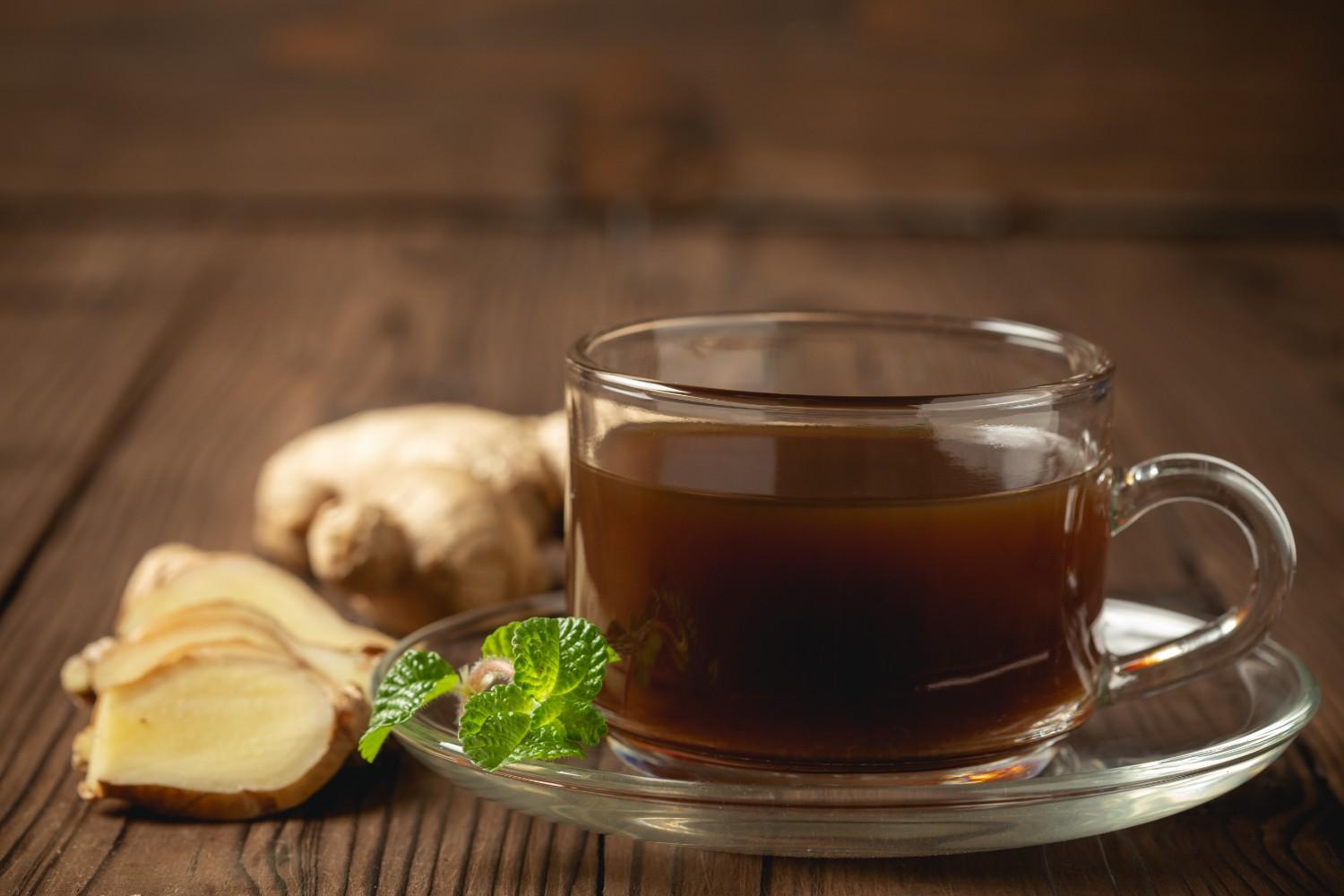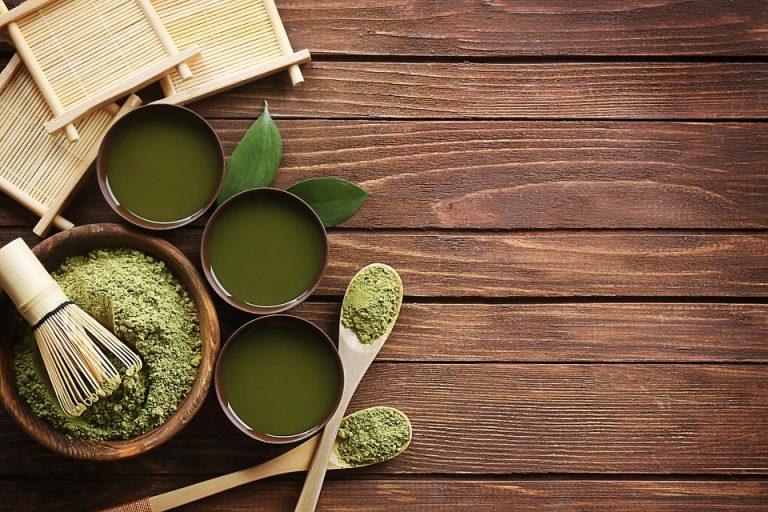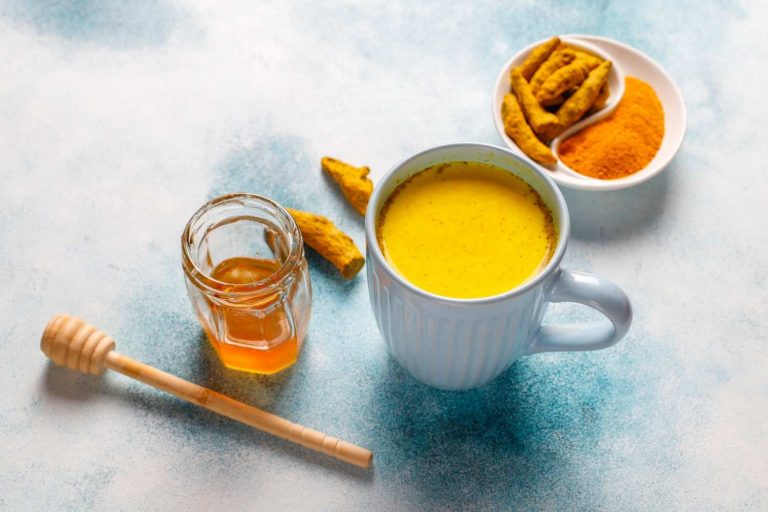Ever felt like you’re dragging yourself through the day, just waiting for that second (or third) cup of coffee to kick in? Well, let me introduce you to a little herbal powerhouse that might just change the game: ginseng. This ancient root has been celebrated for centuries, particularly in traditional Chinese medicine, and it’s making a comeback in the wellness community. But how do you harness its energy-boosting properties in your daily routine? Here are five energizing ginseng hacks that can help you feel revitalized and ready to tackle whatever life throws your way.
Contents
What is Ginseng?
Before diving into the hacks, let’s get on the same page about what ginseng actually is. Ginseng is a slow-growing perennial plant with fleshy roots, classified mainly into two types: Asian ginseng (Panax ginseng) and American ginseng (Panax quinquefolius). Both types are believed to enhance energy levels, improve cognitive function, and even support the immune system.
But is it all just hype? Some studies suggest that ginseng can help combat fatigue and improve mental performance. However, results can vary from person to person. So, while it’s not a miracle cure, it’s definitely worth exploring.
1. Morning Ginseng Smoothie
Why It Works
Start your day off right with a ginseng-infused smoothie. Adding ginseng to your morning routine can give you that gentle energy boost you need to kickstart your day without the jitters that come from caffeine.
How to Make It
-
Ingredients:
- 1 banana
- 1 cup spinach
- 1 tablespoon ginseng powder (or 1 teaspoon of ginseng extract)
- 1 cup almond milk (or any milk of your choice)
- A tablespoon of honey (optional)
-
Instructions:
- Combine all ingredients in a blender.
- Blend until smooth and enjoy!
Pros and Cons
Pros:
- Quick and easy to make.
- Packed with nutrients from fruits and greens.
- Smoothies are easily customizable.
Cons:
- Ginseng can have a strong flavor that some might not enjoy.
- Overconsumption may lead to potential side effects like insomnia or headaches.
2. Ginseng Tea Ritual
Why It Works
If you’re looking for a calming yet invigorating drink, ginseng tea is a fantastic option. The warm beverage can be a ritual in itself, providing a moment of peace while delivering the benefits of ginseng.
How to Brew It
-
Ingredients:
- 1-2 teaspoons of ginseng root (dried)
- 2 cups boiling water
- Honey or lemon (optional)
-
Instructions:
- Steep the ginseng root in boiling water for about 10-15 minutes.
- Strain, add honey or lemon if desired, and sip slowly.
Pros and Cons
Pros:
- A soothing way to incorporate ginseng into your day.
- Can be enjoyed at any time—morning, midday, or evening.
Cons:
- Brewing time can be a hassle if you’re in a rush.
- Some people might find the taste too earthy.
3. Ginseng-Enhanced Workouts
Why It Works
If you’re hitting the gym but struggling to find the energy to power through your workout, ginseng might just be your new best friend. Studies have shown that ginseng can enhance physical performance by reducing fatigue and improving endurance.
How to Use It
- Pre-Workout: Take a ginseng supplement or drink ginseng tea about 30 minutes before your workout.
- Post-Workout Recovery: Mix ginseng powder into your protein shake to help with recovery.
Pros and Cons
Pros:
- Can improve stamina and endurance.
- A natural alternative to pre-workout supplements.
Cons:
- Results may vary based on individual fitness levels.
- Overuse can lead to increased heart rate or anxiety in some people.
4. Ginseng in Your Snacks
Why It Works
Snacking can be a double-edged sword. It can either lead to energy crashes or provide a much-needed boost. By incorporating ginseng into your snacks, you can create healthier options that keep your energy levels stable throughout the day.
Snack Ideas
- Energy Balls: Mix oats, nut butter, honey, and ginseng powder, then roll into balls and refrigerate.
- Ginseng Granola Bars: Add ginseng to your homemade granola bar recipe for an extra kick.
Pros and Cons
Pros:
- Easy to prepare and carry on-the-go.
- Provides sustained energy without a sugar crash.
Cons:
- Homemade snacks require time and effort.
- Not everyone may enjoy the taste of ginseng in their snacks.
5. Evening Ginseng Wind-Down
Why It Works
Contrary to what you might think, ginseng isn’t just for daytime energy; it can also assist in winding down after a long day. If you’re looking for a natural way to relax while still reaping the benefits of ginseng, consider incorporating it into your evening routine.
How to Use It
- Ginseng-Infused Bath: Add ginseng powder to your bathwater for a relaxing soak that nourishes your skin and body.
- Ginseng Nightcap: Make a calming tea with ginseng and chamomile to help you unwind.
Pros and Cons
Pros:
- A unique way to incorporate ginseng into your nighttime routine.
- Can promote relaxation and better sleep quality.
Cons:
- May not be suitable for those sensitive to stimulants.
- Some people might not find ginseng relaxing.
FAQs
Q1: Can I take ginseng every day?
A1: While many people safely take ginseng daily, it’s essential to consult with a healthcare provider, especially if you’re on medications or have underlying health conditions.
Q2: How long does it take to feel the effects of ginseng?
A2: Some users report feeling energized within a few hours, while others may take weeks to notice significant benefits.
Q3: Are there any side effects of ginseng?
A3: Possible side effects include insomnia, headaches, and digestive issues. Moderation is key!
Q4: Can I combine ginseng with other supplements?
A4: It’s generally safe, but consulting with a healthcare provider is advisable to avoid potential interactions.
Conclusion
Incorporating ginseng into your daily routine can be a game-changer for boosting energy and vitality. Whether it’s a morning smoothie, an afternoon tea, or a nighttime ritual, these five hacks offer various ways to enjoy the benefits of this ancient herb. Remember, everyone’s body reacts differently to supplements, so it’s essential to listen to your body and consult with a healthcare provider if you have any concerns.
So, why not give these ginseng hacks a try? You might just find the energy boost you’ve been searching for.
Disclaimer: This article is for educational purposes only and is not a substitute for professional medical advice. Always consult a qualified healthcare provider before making changes to your health routine.
References
-
Reay, J. L., Kennedy, D. O., & Scholey, A. B. (2005). Single doses of ginseng extract (G115) reduce blood glucose levels and improve cognitive performance in healthy young volunteers. Nutritional Neuroscience, 8(1), 15-23. https://doi.org/10.1080/10284150500425074
-
NIH National Center for Complementary and Integrative Health. (2021). Ginseng. https://nccih.nih.gov/health/ginseng
-
Mayo Clinic. (2023). Ginseng: Uses, side effects, and more. https://www.mayoclinic.org/drugs-supplements-ginseng/art-20360631
-
Harvard Health Publishing. (2022). Ginseng: A popular herbal remedy. https://www.health.harvard.edu/staying-healthy/ginseng-a-popular-herbal-remedy
Get Your FREE Natural Health Guide!
Subscribe now and receive our exclusive ebook packed with natural health tips, practical wellness advice, and easy lifestyle changes, delivered straight to your inbox.




